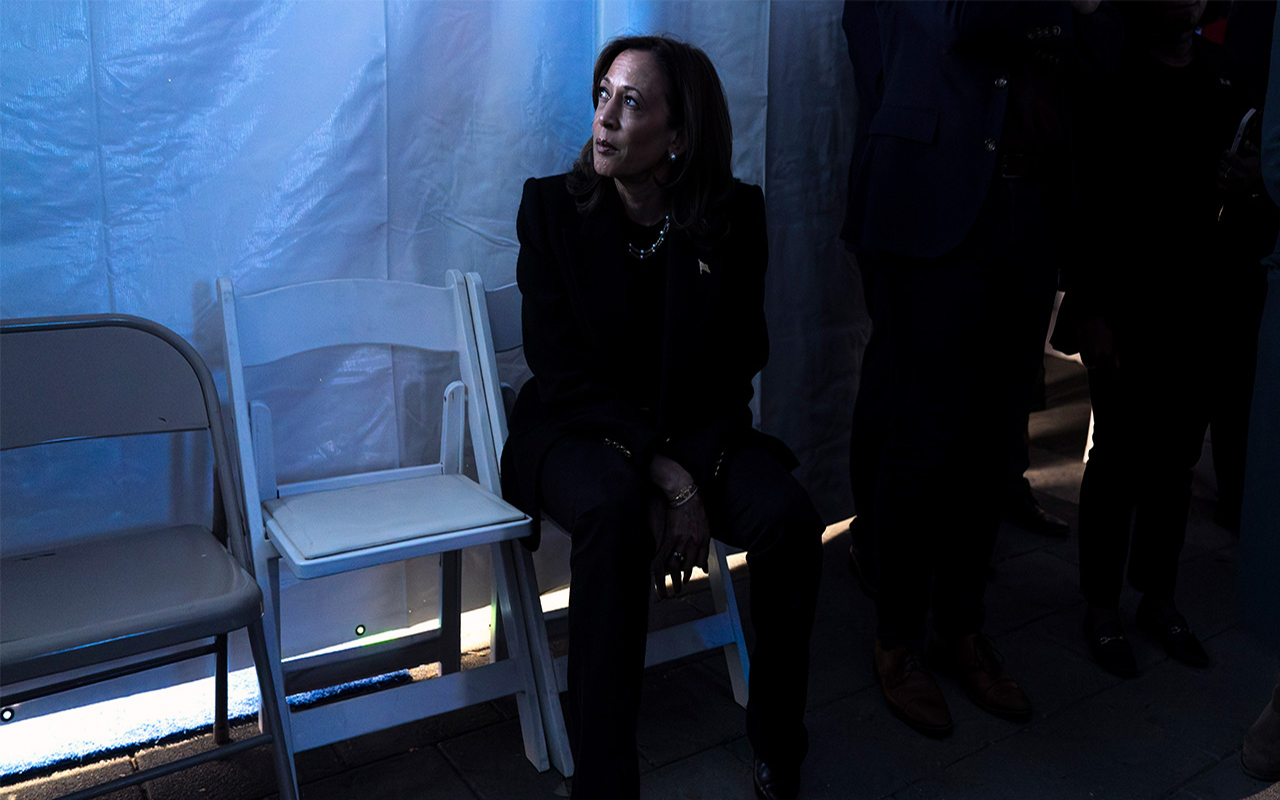
Alabama’s latest slew of anti-LGBTQ laws are just the tip of the anti-trans iceberg sweeping U.S. states
Anti-trans bills are becoming more and more common in states run by conservative legislatures and administrations.
Last February, over two dozen transgender Alabama residents and allies gathered on the floor of the Alabama House Judiciary Committee to protest the state’s attempt to pass legislation that would criminalize the use of puberty-blocking drugs or hormones for transgender children with gender dysphoria.
Among those who showed up that day was David Fuller, a 56-year-old sergeant with the Gadsden Police Department. He served in law enforcement for over 27 years and spoke on behalf of his trans daughter Jessica.
Fuller expressed that this attack on people like his daughter doesn’t surprise him, because he views Republican lawmakers in the Bible Belt are “stuck between a rock and a hard place” on these issues, no matter what their true feelings may be.
“When God makes somebody who has both genitalia — man and woman — what do you tell them? Did they make a choice? No? Well if you say God creates everything, he created them, and he created them just as they are, and they’re perfect just as they are,” Fuller said.
As of Feb. 25, 195 anti-LGBTQ bills are being considered by lawmakers across the country and the majority of them (104) are targeted towards transgender and gender-nonconforming people.
Alabama lawmakers are continuing their efforts to deprive trans youth of their rights.
On Thursday, April 7, the state’s House passed HB 322, which would ban trans students from using sex-segregated school facilities, such as bathrooms and locker rooms, that align with their gender identities.
Alabama lawmakers approved sweeping legislation outlawing gender-affirming medications for transgender kids.
— The Associated Press (@AP) April 7, 2022
The bill now goes to Gov. Kay Ivey for her signature as Alabama becomes the latest red state to pass legislation aimed at trans youth. https://t.co/DQQlgghhjj
Just before passing the bill, the Senate added an amendment that prohibits class discussions of sexual orientation and gender identity from kindergarten to fifth grade, adopting language used in the bill recently signed by Florida Governor Ron DeSantis.
Just hours later, the House passed SB 184, which would make it a felony for parents and healthcare professionals to provide gender-affirming care to trans children under 18.
The American Civil Liberties Union said it was the first bill of its kind to make healthcare for trans youth a felony, and promised to challenge the bill in court if Governor Kay Ivey signs it into law.
The bill would also compel school personnel to disclose to the parent or legal guardian that a "minor's perception of his or her gender or sex is inconsistent with the minor's sex."
RELATED CONTENT
Gov. Ivey has not confirmed that she will sign the bill, but last year she signed one that banned transgender athletes from school sports.
If the bill passed, medical professionals who provide trans youth with hormone treatment, gender reassignment surgery or puberty-blockers would face up to 10 years in prison.
Many major medical and mental health professionals argue that gender-affirming care is life-saving because it reduces the risk of depression and suicide.
Alabama is about to pass SB184 which would make providing gender affirming care to minors a FELONY. As usual, it exempts procedures on intersex people. This bill will harm trans kids throughout the south and not just in Alabama. pic.twitter.com/5cbCc0VWMA
— Alejandra Caraballo 🏳️⚧️🇵🇷 (@Esqueer_) April 7, 2022
Furthermore, medical experts say that gender-reassignment surgery for those under 18 is extremely rare and typically only occurs in adulthood where the patient’s wishes are firm.
The American Academy of Pediatrics are in fierce opposition to the bill and urged Ivey to veto it.
"This legislation targets vulnerable young people and puts them at great risk of physical and mental harm. Criminalizing evidence-based, medically necessary services is dangerous,” Mark Del Monte, the academy's chief executive, said in a statement.
LGBTQ suicide prevention group, The Trevor Project, also condemns the passage of this series of anti-trans bills in Alabama’s legislature.
“Criminalizing doctors, isolating trans youth from their support systems and stigmatizing conversations around LGBTQ identity will only fuel more bullying, anxiety and suicide risk among these youth,” said Sam Ames, director of the group’s advocacy and government affairs.











LEAVE A COMMENT: